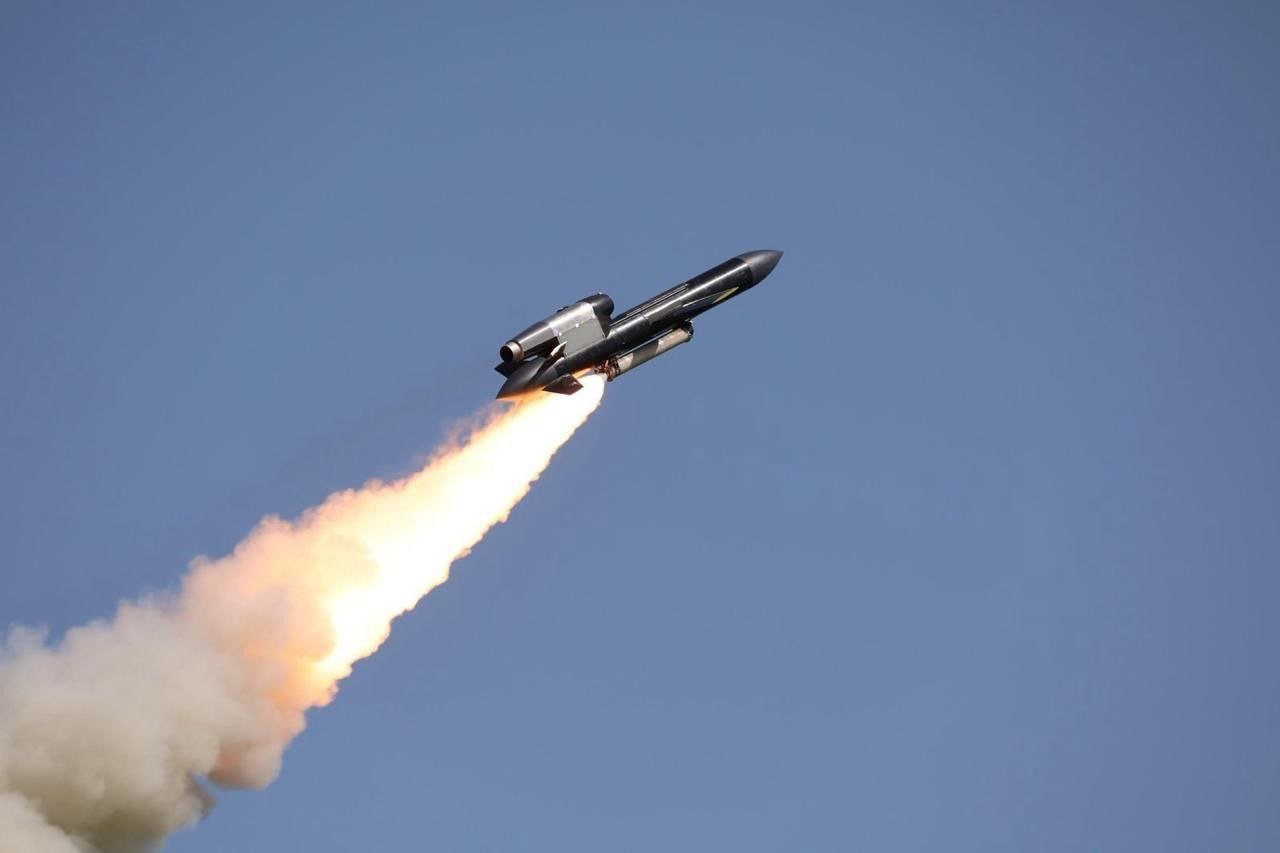The elephant in the room — Russia won’t agree to Ukraine security guarantees, Europe can't enforce them

World leaders prepare to depart after a group photo prior to meeting at the White House on August 18, 2025 in Washington, DC. (Win McNamee/Getty Images)
There's a new buzzword in capitals across Europe and North America — "security guarantees" — a set of measures that are supposed to ensure that if the war in Ukraine stops, Russia won't just simply reinvade Ukraine.
Presidents and prime ministers across the two continents are scrambling to come up with a plan. President Volodymyr Zelensky said on Aug. 28 that they'll be "set out on paper next week."
But there are significant problems, not least that they rely on Russia agreeing to a ceasefire, a proposal the Kremlin continues to respond to only with more violence and the escalation of hostilities both on the front lines, and in cities across Ukraine.
Further, diplomats, officials, and experts who spoke to the Kyiv Independent say there's little chance Russia will ever agree to robust security guarantees, and Ukraine's Western allies lack the political and military resolve necessary to enforce them.
"It is widely expected that Russia will decisively oppose any security framework that involves the deployment of foreign, particularly NATO, forces in Ukraine," a senior European official speaking on condition of anonymity told the Kyiv Independent.
The plan
What form security guarantees will take is still up for debate.
One of the earliest iterations floated was the idea of a French and U.K.-led multinational "reassurance force" under the banner of the Coalition of the Willing, though multiple other options have been raised since.
According to Italian Prime Minister Giorgia Meloni, a robust security mechanism inspired by NATO's Article 5 remains the main guarantee under consideration, though what this would look like in reality remains murky.
A report by the Financial Times on Aug. 26 said the U.S. was prepared to back a European-led peacekeeping contingent in postwar Ukraine by contributing intelligence assets, air defense support, and battlefield oversight.

Another option under discussion, according to Politico, is a European-backed 40-kilometer buffer zone as an option for a ceasefire or postwar arrangement between Ukrainian and Russian forces.
A source in Ukraine's President's Office told the Kyiv Independent that these are simply a handful of the multiple different plans currently being discussed, with none of them close to being decided upon.
"What will actually happen? No one knows yet," the source said.
The first problem
Regardless, any security guarantees that effectively deter future Russian aggression would almost certainly require Western troops on the ground in Ukraine.
But there's one problem — Russia.
Kremlin spokesperson Dmitry Peskov on Aug. 27 once again rejected the idea of European peacekeeping troops in Ukraine, saying Moscow has a "negative attitude" to any such deployment.
This contradicts previous claims made by U.S. President Donald in February that Russian President Vladimir Putin "has no problem with it."
Some European capitals don't even believe that Russia would agree to steps far below the "troops on the ground" threshold.
"It is highly improbable that Russia will agree to security guarantees that include U.S. air defense and much more extensive intelligence support," a senior European official told the Kyiv Independent.
"These measures would strategically undermine Russia's deterrence capabilities and compromise its operational autonomy against Ukrainian forces."
In short, agreeing to any security guarantees would mean Russia would have to abandon the maximalist demands for Ukraine that it has consistently voiced, even throughout the ongoing peace process.
In what appears to be an effort to make sure the Kremlin still has a direct line to Trump's ear as security guarantees are thrashed out, Moscow this week insisted any talks on the issue with the U.S. should be held in private.
"Undoubtedly, (security guarantees are) one of the key issues in the context of efforts to find a settlement," Peskov said on Aug. 27.
"But we would not like to discuss this matter in public. We consider it unhelpful for the overall effectiveness," he added.
This raises an obvious problem — how does the U.S. and Europe develop effective security guarantees if Russia won't agree to them?

The solution
Experts and Ukrainian officials who spoke to the Kyiv Independent are unanimous in their solution — don't let Moscow have any say in the process and implement them regardless of their objections.
"The bottom line is that Russia will not agree to security guarantees, but Russia should not be given the veto of what these security guarantees are because Russia is the aggressor," Kateryna Stepanenko, Russia deputy team lead and analyst at the Institute for the Study of War (ISW), told the Kyiv Independent.
It's a sentiment that is echoed in Kyiv, as well as European capitals closer both geographically and historically to Russian aggression.
"Russia is an aggressor. Security guarantees are directed against the aggressor," Oleksandr Merezhko, a top lawmaker from President Volodymyr Zelensky's party, told the Kyiv Independent.
"It makes no sense to get Russia involved in any kind of discussions about that."
Estonian Foreign Minister Margus Tsahkna told the Kyiv Independent that the Kremlin must have no influence over this process, adding "We cannot let the aggressor decide how the victim can defend itself. It would both legitimize the aggression and render the guarantees meaningless.
"The purpose of these guarantees is to deter further Russian aggression, not to give Russia a voice in shaping them."
The second problem
Excluding Russia from discussions about security guarantees is one thing — implementing them without Russia's permission is another entirely, and would risk a direct confrontation between Europe and Russia.
"(Europe is) not going to have the balls to do that," Peter Rutland, a professor of government at Wesleyan University and expert in Russian nationalism and politics, told the Kyiv Independent.
"Who wins if you escalate? Well, that's completely one sided because Putin is crazy, Putin doesn't care about human life, and he has 20,000 nuclear weapons.
"There's no argument on that one."
Rutland's sentiment is echoed by former U.K. Defense Attaché in Moscow, John Foreman, who told the Kyiv Independent it was "unlikely that any Western nation would promise to punish Russia should a peace deal break down."
Any confrontation "leading to casualties is a political liability that most nations cannot afford," the senior European official added.

This all leaves the very idea of Ukraine's security guarantees largely dead in the water — anything genuinely strong enough to deter Russian aggression would have to be implemented in defiance of Moscow and risk causing a war that Europe is unprepared for, both politically and militarily.
"In the longer term, Ukraine’s membership in NATO and the EU remains the strongest guarantee for its security and that of wider Europe," Estonian Defense Minister Hanno Pevkur, told the Kyiv Independent.
But with NATO membership off the table for now, EU membership still a long way off, and Russia giving no indication it is willing to end its full-scale invasion, Ukraine faces uncertain months and perhaps years ahead if all the talk of security guarantees amounts to nothing.
According to Foreman, the only thing Ukraine can rely on are its own armed forces.
"I think the biggest security guarantee is ongoing support to Ukraine and the Ukrainian army with money, arms and expertise to deny Russia any military advantage and to raise the costs of a renewed invasion," he said.













